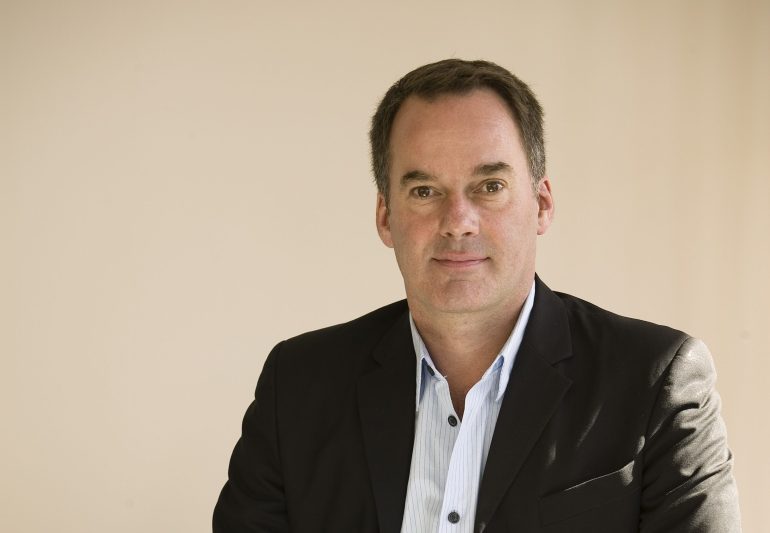Graeme Mason.
Are feature film producers who want to be better remunerated during the five years they typically spend developing each project prepared to see Screen Australia slash the number of projects it develops to fund higher fees?
That question was posed today by Screen Australia CEO Graeme Mason in response to calls by Screen Producers Australia and producers such as Sue Maslin for more money to be allocated producers in development budgets.
Last year Maslin told IF she earned just $14,000 in producer fees during the five years spent developing the script of The Dressmaker. By the time she raised the budget the project was in significant debt.
The plight of producers was further illustrated when Rachel Griffiths, who is preparing to make her feature directing debut on the Michelle Payne biopic Ride Like a Girl, spoke at the SPA awards.
Griffiths told producers: “I realise now you make no money, you have no power and you are exhausted. That’s a very new revelation to me.”
Subsequently SPA CEO Matt Deaner told IF: “As the feature film market has gotten tighter and the potential for any upside for producers has deteriorated, we really do need to re-evaluate and re-think the support we are providing feature film producers both during development and in the structure of deals that can offer opportunities for return.”
Mason readily acknowledges producers in Australia and globally are struggling financially but stresses there would have to be a trade-off if development fees are raised.
“I recognise producers have a huge problem,” he tells IF. “What I would love to see is people’s ideas on how things could work differently. But no one has shown me a good solution.
“If the onus is going to fall on us (to raise development fees) what that means is we will fund far fewer projects in development.
“If we and the state agencies change the way we fund the knock-on would be, let’s say, we slash the number of projects that we give any support to in half. So instead of getting $14,000 a producer might get zero.
“That’s fine if everybody is cool on that. A lot of the projects that producers work on never go into production so they may only get $14,000 in five years and nothing else.
“Writers and/or others who work on development maybe are better compensated by the money provided by us or broadcasters. But when the film goes into production, that goes against their fee, whereas the producer in production charges back overheads and fees and takes a big chunk of the back-end.”
Mason says the ratio of Screen Australia feature projects in development which go into production is around 1:7, a better result than the global ratio of 1:10.
Even so, given the relatively low volume of feature film production in Australia, Mason suggests producers should try to develop 5-to-10 projects on their development slate with the expectation that only two will be made.
“It is a very precarious industry. We recognise it is probably tougher than it has ever been for feature producers,” he says. “Traditionally fees and back-end deals are structured to recognise producers’ unpaid extraordinary efforts.
“Do they want to share those back-end positions or give them up and we all look at a different way of structuring deals?
“What we cannot do is to continue having a conversation in this sector where there is a problem and turn around and say, ‘Well who is going to pay for it?’ There just isn’t that money to do that.”



